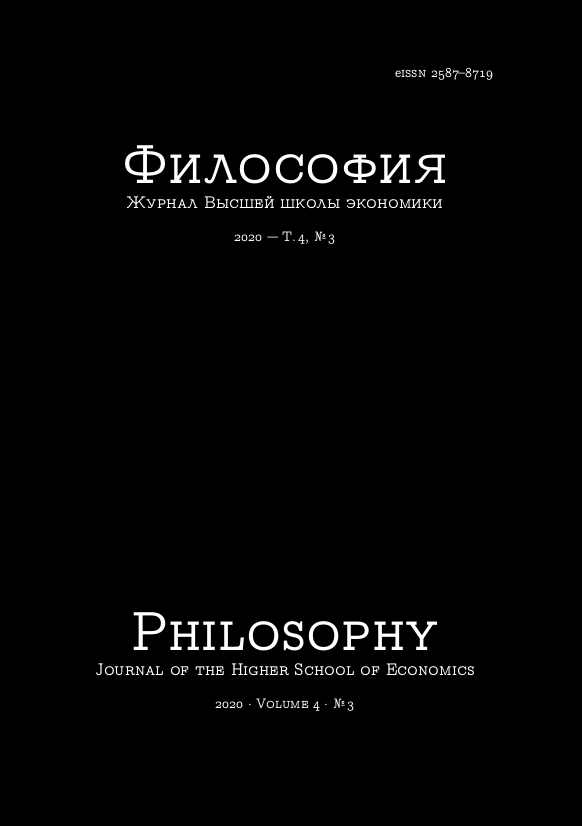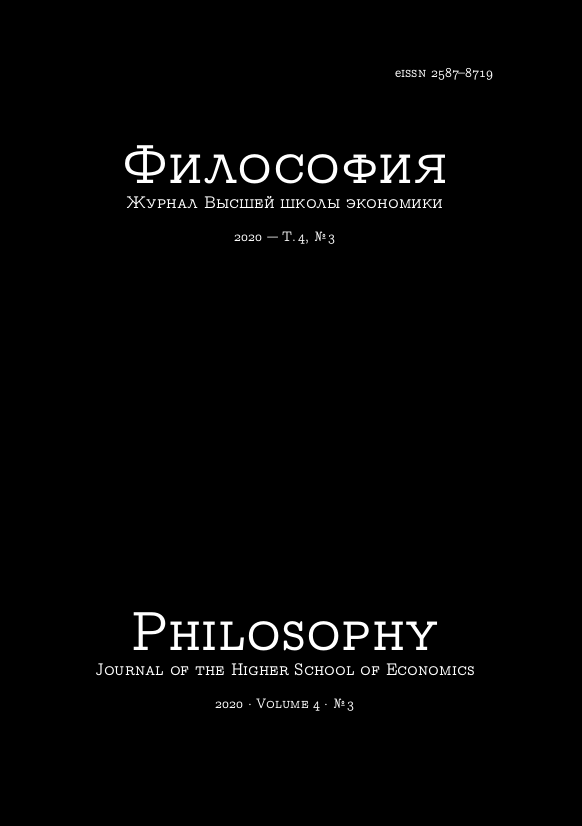
The opening article by Yu. V. Ivanova and P. V. Sokolov analyzes the strategies of reception of early Modern humanitarian epistemology focused on the legacy of Giambattista Vico: absolute historicism by Benedetto Croce and modal rhetoric by Nancy S. Struver. This topic is Complemented by the review of the international conference Guicciardini and Machiavelli at the origins of Modern historical science(September 23-25, 2019, Moscow), made by N. A. Kochekovskaya.
I. Kazankov and O. L. Leibovich return to the questions of whether there are special methods of historical research and how the Historical method is possible. In a polemical article written in the format of a dialogue, they examine the process of changing paradigms of historical knowledge — from positivism to postpositivism — focusing on the legacy of positivism in Marxist historiography of both the pre-revolutionary and Soviet periods. The deconstruction of the discussed approach based on the post-positivist concept of Paul Feyerabend gives special interest to their dialogue.
M. Rutkevich shows that the legacy of historicism today is not the assertion of a special method, but skepticism and realism, understood, of course, not as metaphysical doctrines. Choosing a term from metaphysics, he dubbed the prevailing mode of modern historical research hypothetical realism.
This section ends with an article by Rolf Toshtendahl, who examines the concepts of the theory of history and the production of historical knowledge by six theoretical historians of the last third of the XX and early XXI centuries: A. R. Louch, Marek Tamm, Herman Paul, Chris Lorenz, Gabrielle Spiegel, and Hayden White.
Further, in the articles by V. N. Syrov and I. E. Rudkovskaya, the problems of applying narratology to historical knowledge and the temporal canon of narratives are developed, respectively. The effectiveness of the use of temporal markers is demonstrated by I. E. Rudkovskaya on the example of the analysis of the works of N. A. Polevoy.
Translations presents a lecture prepared for publication by A. V. Marey and Y. V. Vasilenko by Juan Donoso Cortés On the sovereignty of reason considered in relation to history, which continues the publication of a series of lectures delivered by the Spanish thinker in Madrid in 1836-1837.
The section Criticism contains reviews of two current works on intellectual history: review by B. A. Belyavsky on the Cambridge school: theory and practice of intellectual history, dedicated to the history of concepts, which also acts as an effective method of historical science, and review by I. O. Dementiev on the S. L. Kozlov’s book Implantation: essays on the genealogy of historical and philological knowledge in France, which focuses on the struggle since the 1860s.
Irina Savelieva and Marina Rumyantseva






